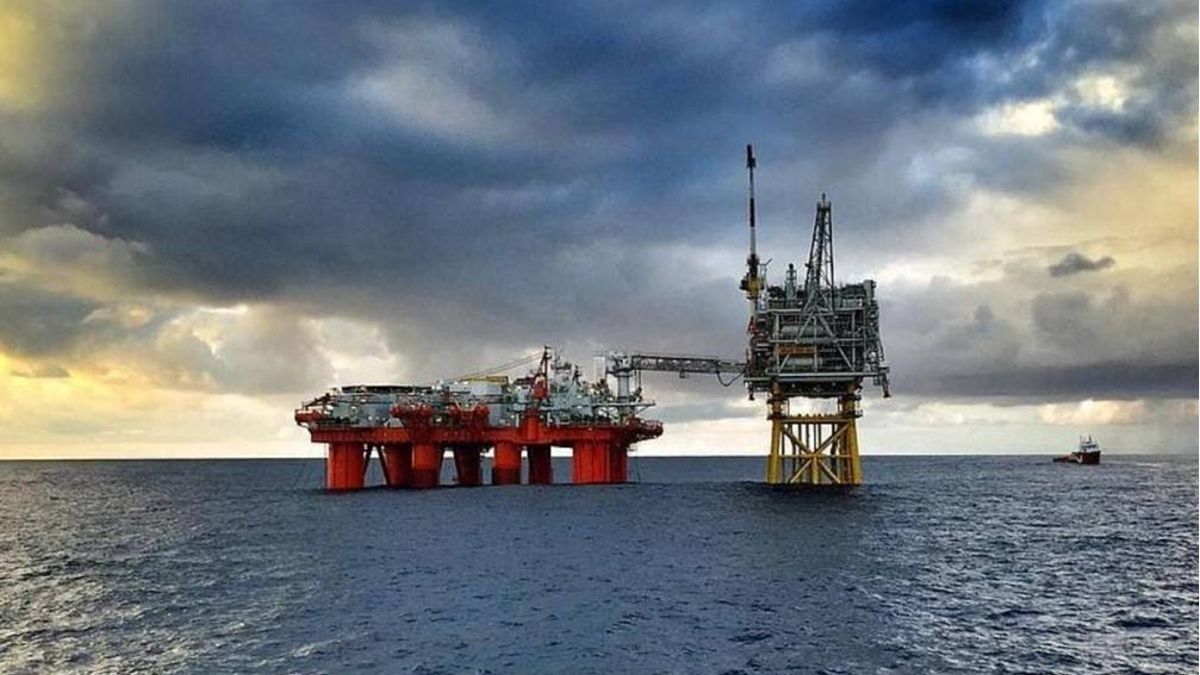These permits were awarded in May 2019 during the previous national administration, and were part of the granting of exploration permits for the search for oil and gas in 18 offshore areas, in which 13 companies, as a whole, promised an investment of $724 million.
Subsequently, due to the health emergency due to the coronavirus pandemic, the companies holding these areas requested the suspension of the term of the first exploratory period of their respective permits.
The firms argued that exploration in these coastal areas “is carried out mainly through seismic acquisition to find out the potential of the hydrocarbon resources available in a certain place, which entails the contracting of vessels specially designed to carry it out, whose availability It depends on the level of activity, logistics of the operation and weather windows, among other variables”.
Both YPF and Shell and Equinor, in this case, requested a one-year extension for the first phase of exploration (which expired in 2023), which was effectively granted today by Energy.
The extension was granted after the energy area took into consideration the work plan and the steps taken by both companies in order to comply with the investment commitments assumed, and the activities to be carried out during the extension period.
The resolution considered that it is “advisable to grant a reasonable term for carrying out the pending activities, and their subsequent interpretation and technical and economic evaluation.”
The block in question, called CAN_100, was originally awarded to YPF in May 2019, and in August of that year the company signed an agreement with the Norwegian firm Equinor, a firm with which it has various joint agreements in Vaca Muerta and which has experience offshore in its country of origin and in Brazil, among other places-, through which it transferred 50% of its participation.
Subsequently, in January 2021, Shell entered as a third partner in the concession with a 30% stake, YPF maintaining a 35% stake and Equinor (area operator) with the other 35%.
Equinor and YPF are also equal partners in two other areas of the Basin (CAN_114 and CAN_102).
The area, located 307 kilometers from Mar del Plata and with waters over 1,500 meters deep, is the largest in the North Argentina Basin and is considered to have great potential. The president of YPF, Pablo Gonzaléz, highlighted last January that the project “has the potential to generate 200,000 barrels of oil per day, a production similar to that currently produced by all of YPF.”
“Its development could generate a profound change in the country, transforming it into a country that exports energy to the world,” he added.
Last December, the Government approved the environmental impact studies (as well as those of the CAN_108 and CAN_114 areas), which will allow the start of 2D, 3D, and 4D studies in the area to find the presence of hydrocarbons.
After a precautionary measure presented by an environmental organization in Mar del Plata last February, which left the projects suspended, the Mar del Plata judge Alfredo López granted an appeal presented by the Government and annulled it.
Source: Ambito
David William is a talented author who has made a name for himself in the world of writing. He is a professional author who writes on a wide range of topics, from general interest to opinion news. David is currently working as a writer at 24 hours worlds where he brings his unique perspective and in-depth research to his articles, making them both informative and engaging.




